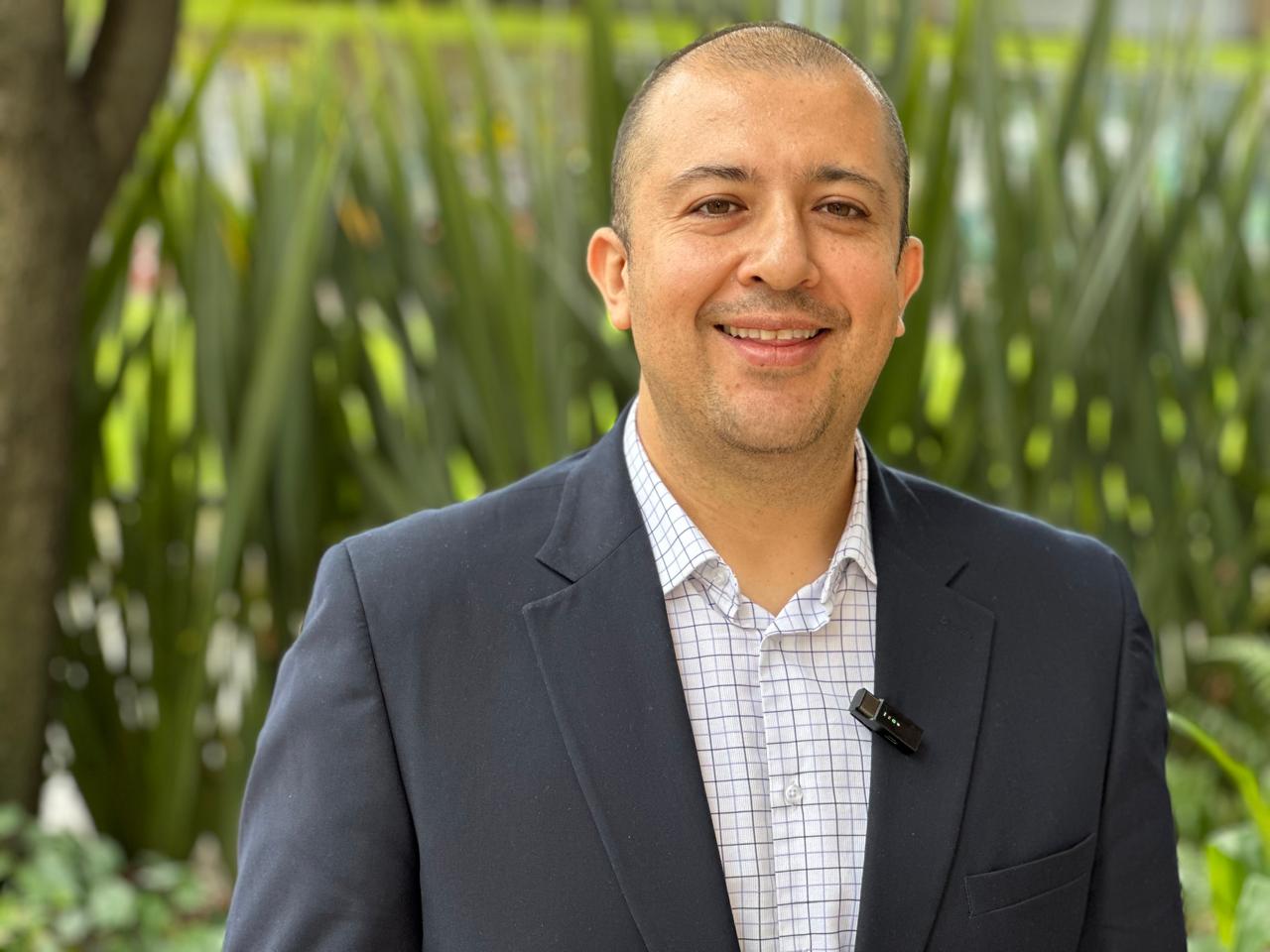'Five million Colombians will suffer the effects of malnutrition by 2035,' warns ABACO's executive director.

The figure is shocking: if Colombia does not act urgently, by 2035 there will be nearly 5.9 million people with irreversible consequences of chronic malnutrition.
This was the warning issued by Juan Carlos Buitrago, executive director of the Colombian Association of Food Banks (ABACO), during an interview with EL TIEMPO, in which he bluntly explained the scale of the country's food crisis and the urgent actions needed to reverse it.
Currently, 19.2 million Colombians fail to consume nutritious foods daily , especially fruits, vegetables, and proteins. And 16.3 million resort to extreme strategies such as skipping meals, going into debt, or reducing the quality of their food to survive.
In addition, 11,405 children have been diagnosed with acute malnutrition this year, and 83 children have died from causes associated with this condition.

Juan Carlos Buitrago Ortiz, executive director of ABACO. Photo: Courtesy.
“Chronic malnutrition is an invisible but devastating disease,” says Buitrago. In Colombia, 392,000 children under the age of five suffer from it, a condition that affects their cognitive, educational, and economic development for life.
This means that if this problem continues unaddressed, by 2035 there will be consequences such as: a 14-point drop in IQ, five fewer years of schooling, and 54% less income in adulthood. This is not only a public health problem, but also a generational trap that impedes social mobility.
Although malnutrition is often associated with regions like La Guajira, the phenomenon is widespread throughout the country. More than 60,000 cases are in Bogotá, and 46,000 in Antioquia, demonstrating that hunger does not distinguish between rural and urban areas.
According to a recent analysis by ABACO, 5.2 million people already suffer the cognitive and physical consequences of chronic malnutrition. "If we don't change our approach, we will have a less intelligent and less productive generation," warns Buitrago.
And although the country invests more than five billion pesos annually in early childhood care through the "De Cero a Siempre" public policy, the impact on reducing chronic malnutrition has been zero. "The policy is saving lives, but it's not preventing irreversible cognitive damage," says Buitrago.
The big triggers Three factors exacerbate this emergency: structural poverty, climate change, and food waste. Colombia is the country with the third highest number of people displaced by violence in the world (7.3 million), and climate impacts such as the El Niño and La Niña phenomena severely disrupt food production systems. Last year alone, two million people saw their food security compromised by the El Niño phenomenon in Colombia.
On the other hand, one-third of the food produced in the country ends up in the trash. While millions go hungry, tons of food still fit for consumption are lost. Buitrago points out the urgent need to implement policies that allow for the donation of expired but safe food, as is already the case in developed countries.
Strategic alliances for change ABACO coordinates the country's largest food security network, with 26 food banks operating without public funding. Thanks to partnerships with more than 1,700 private companies, 2,100 agricultural producers, and 4,200 social organizations, the network delivers 48,000 tons of food annually, benefiting 1.4 million people.

16.3 million Colombians resort to skipping meals, going into debt, and eating poor-quality food. Photo: iStock
One notable experience is the public-private partnership with the Antioquia Governor's Office, Grupo Éxito, Nutresa, Ara, and BIOS, which enabled the construction of a new food bank and the provision of trucks to other locations in the department. "This shows that when sectors work together, the impact is tangible," Buitrago emphasizes.
A space to build collective solutions All these issues and challenges will be addressed in greater depth at the Nutrition on the Table Forum: Unprivileged Food for All , organized by EL TIEMPO.
The event will take place on July 16th, starting at 9:00 a.m. at EL TIEMPO (Diagonal 44 #68B-65, Bogotá). Juan Carlos Buitrago will open the meeting with a keynote interview, followed by two panels with experts from WWF, academia, the private sector, and the World Food Program, among others. It will be a key interdisciplinary forum for charting paths toward a more just and well-fed Colombia.
eltiempo




%3Aformat(jpg)%3Aquality(99)%3Awatermark(f.elconfidencial.com%2Ffile%2Fa73%2Ff85%2Fd17%2Fa73f85d17f0b2300eddff0d114d4ab10.png%2C0%2C275%2C1)%2Ff.elconfidencial.com%2Foriginal%2F768%2Fcbd%2F44d%2F768cbd44d9283f3ca9a1ed5727ed276e.jpg&w=1280&q=100)
%3Aformat(jpg)%3Aquality(99)%3Awatermark(f.elconfidencial.com%2Ffile%2Fbae%2Feea%2Ffde%2Fbaeeeafde1b3229287b0c008f7602058.png%2C0%2C275%2C1)%2Ff.elconfidencial.com%2Foriginal%2Fc4b%2Fa8a%2F38d%2Fc4ba8a38d7e74f8f01be9517fca1b0bf.jpg&w=1280&q=100)